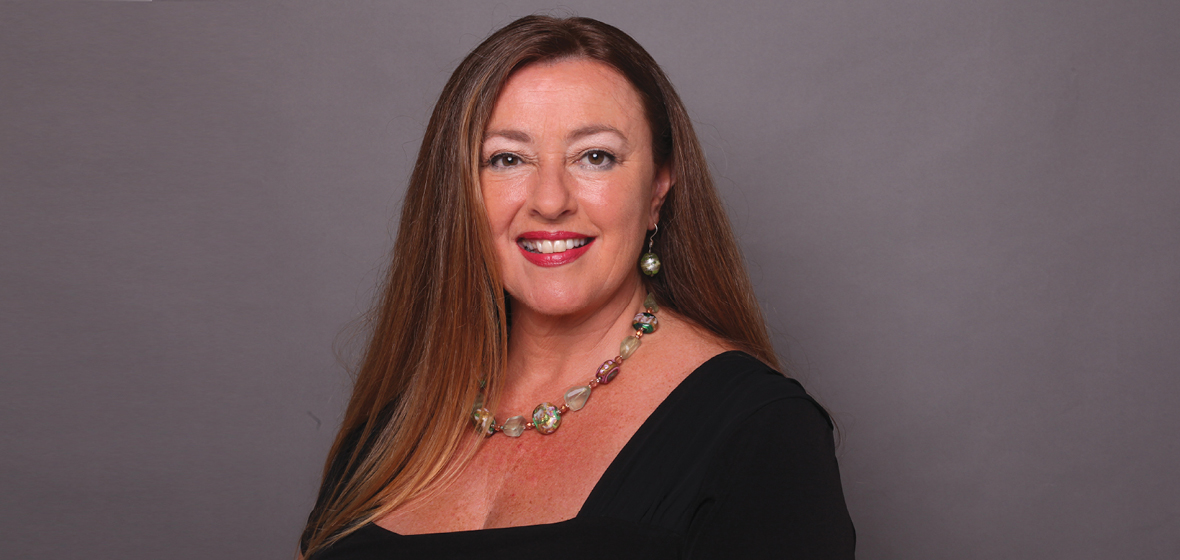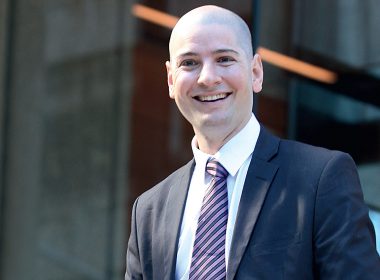Pauline Wright, President of the Law Council of Australia and Principal lawyer at P J Donnellan & Co, tells how a case of domestic violence, where the victim was accused of murder despite acting in self-defence, strengthened her passion for the criminal justice system.
“A client of mine, Jonda Stephen, was viciously attacked by her de-facto husband with an iron after telling him the relationship was over. While being attacked, she picked up a vegetable knife that was on the sideboard next to where they were, stabbed him once while she was under attack, and he died. In 2015, she was charged with murder. On the facts and the evidence available to the police at the time, it was frankly outrageous.
She spent three and a half months in jail before we got bail for her in the Supreme Court. When it went to committal, the magistrate didn’t consider that there was enough evidence to commit her to trial for murder and committed her only for manslaughter.
However, the office of the DPP, for its own reasons, decided to issue an ex-officio indictment to proceed on the murder charge. The police officer in charge seemed to have built, in his own mind, a case theory that she had planned this murder.
For me, this was the clearest case of self-defence I’d ever seen. It wasn’t a frenzied attack; she was literally fighting for her life. She’s 152cm with no criminal history, whereas he’s 183cm and had an extensive criminal history.
In her interview on the night she was attacked, she’s being questioned by police with this bleeding gash over her eye and a bleeding wound to the back of her head, but the police just continue to question her. It turns out she was suffering from a fractured skull, a fractured elbow, and torn ligaments in her shoulder. She received no treatment or physical assessment in the police station, nor did she get it in corrective services until some weeks later.
When the case went to trial, the prosecution ultimately conceded it was not going to be able to prove either murder or manslaughter and she was acquitted by a directed verdict from the judge.
But having to go through a Supreme Court murder trial utterly devastated my client. It exhausted her funds as a person who’d worked her whole life as a nurse and in hospital management. It absolutely turned her life upside down. She lost her job and is still suffering severe PTSD from the attack, exacerbated by the fact she was prosecuted for a crime she didn’t commit.
We are currently seeking compensation to reimburse her for her losses. The fact she’s got no funds left means it’s very difficult for her to fund the damages claim, so we’re doing it on a no-win no-fee basis.
In my mind, this case cements why we have to be fair to people accused of crimes – it’s not for you or I or people reading the newspapers to judge whether someone’s guilty. We must be very careful to treat people humanely and properly.
It illustrates the importance of the burden of proof resting on the prosecution and preserving the presumption of innocence. It brings home all the reasons I’ve believed in those things all my life.
If you get the criminal justice system wrong, you get your whole society wrong. That’s why it’s so important we don’t lose sight of those important principles of criminal justice.”




